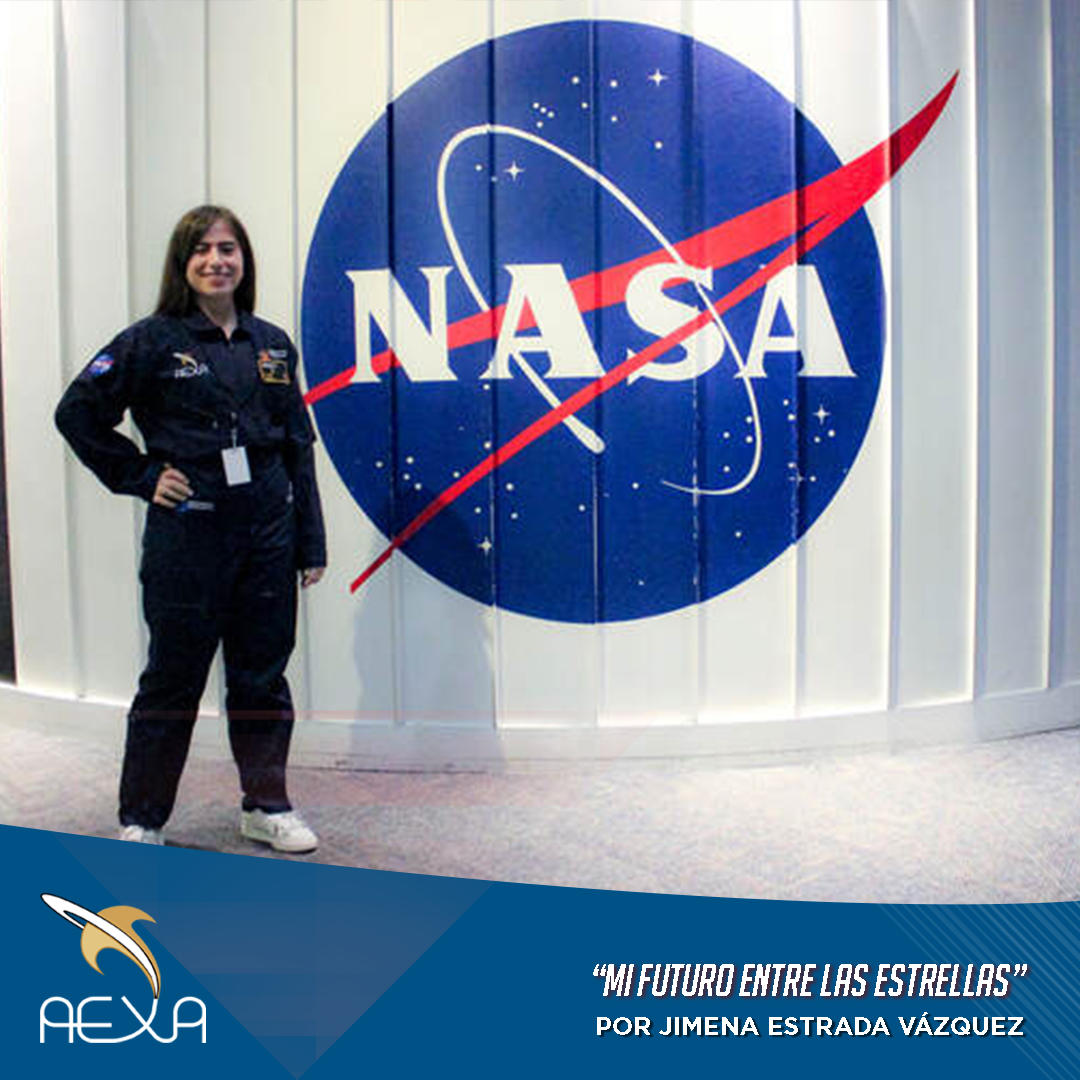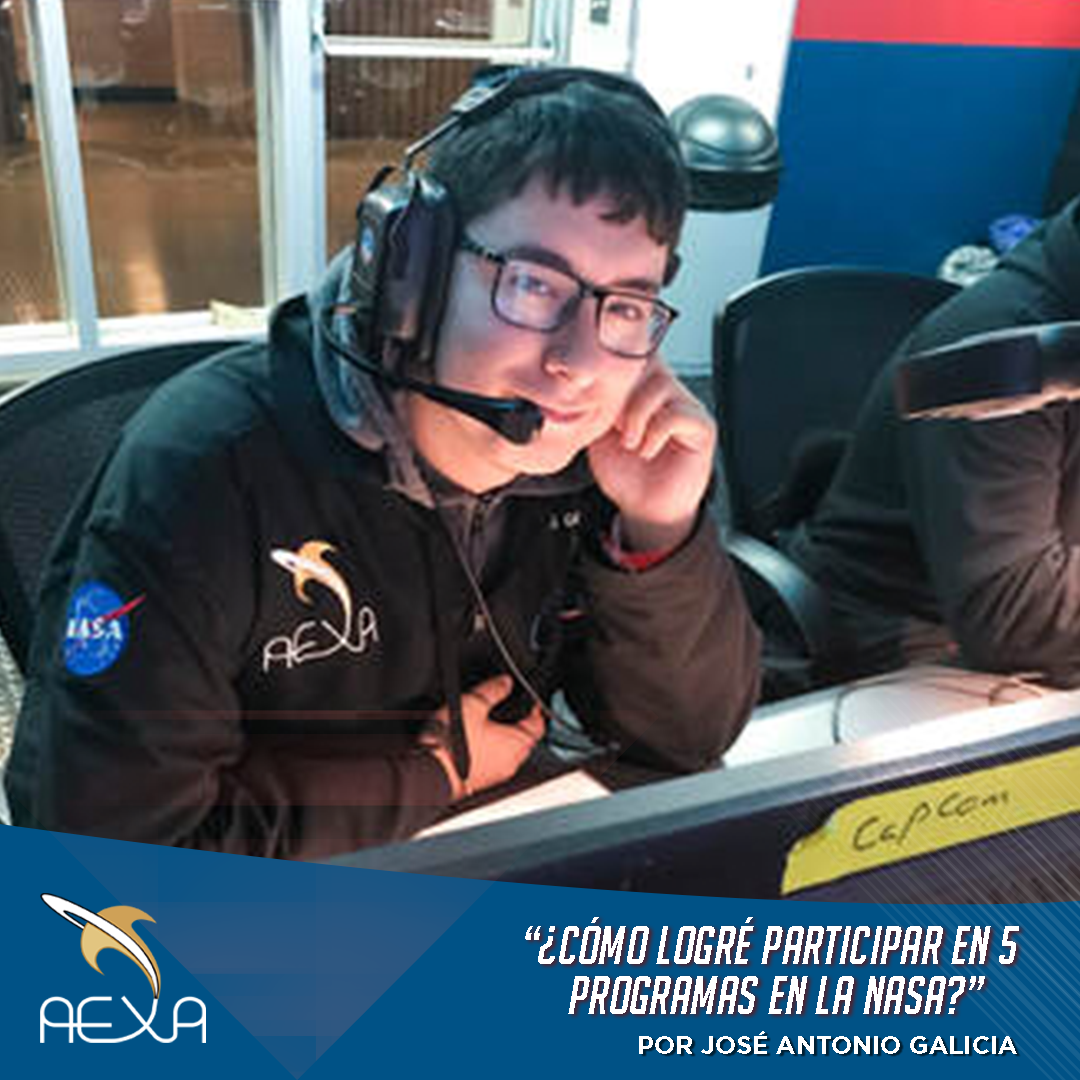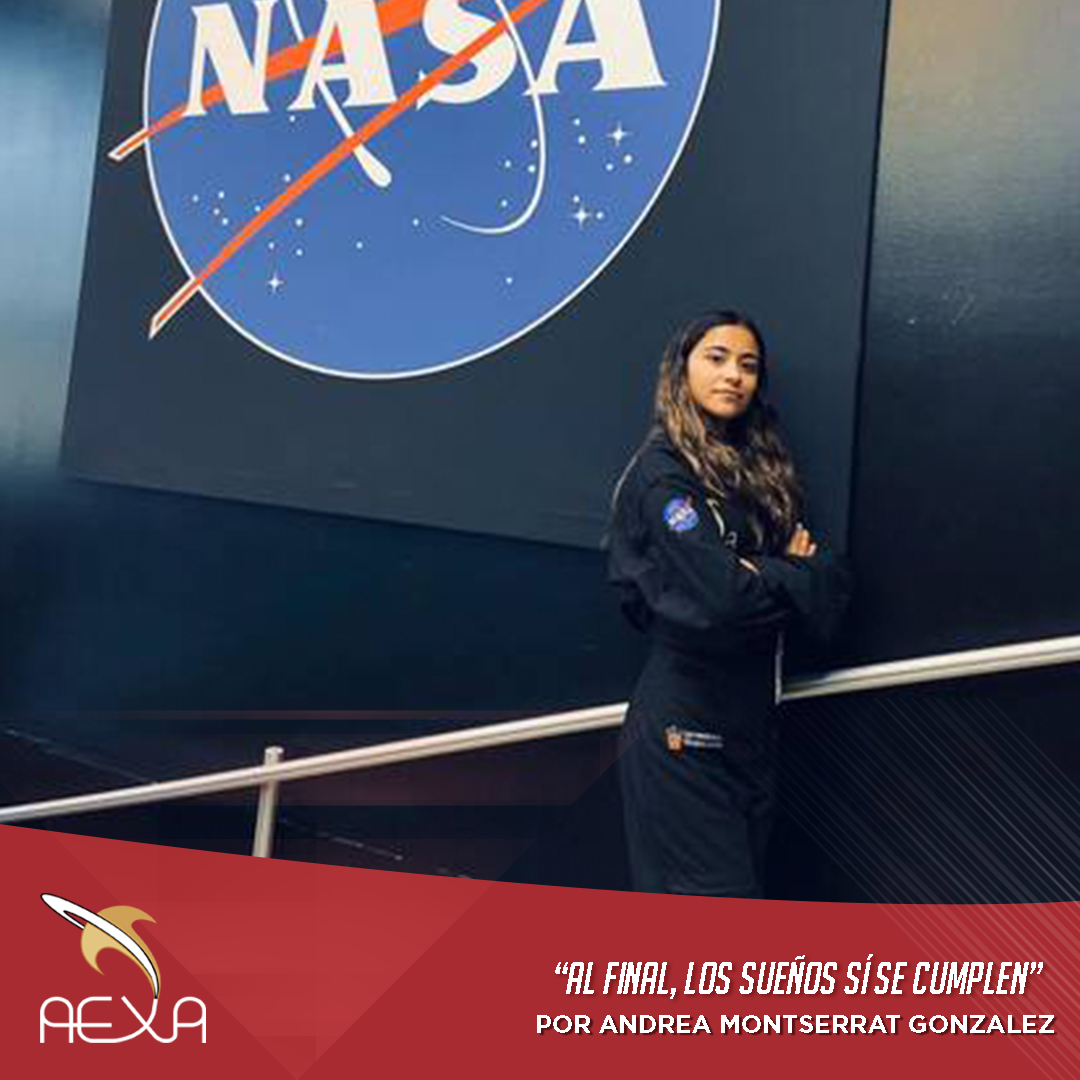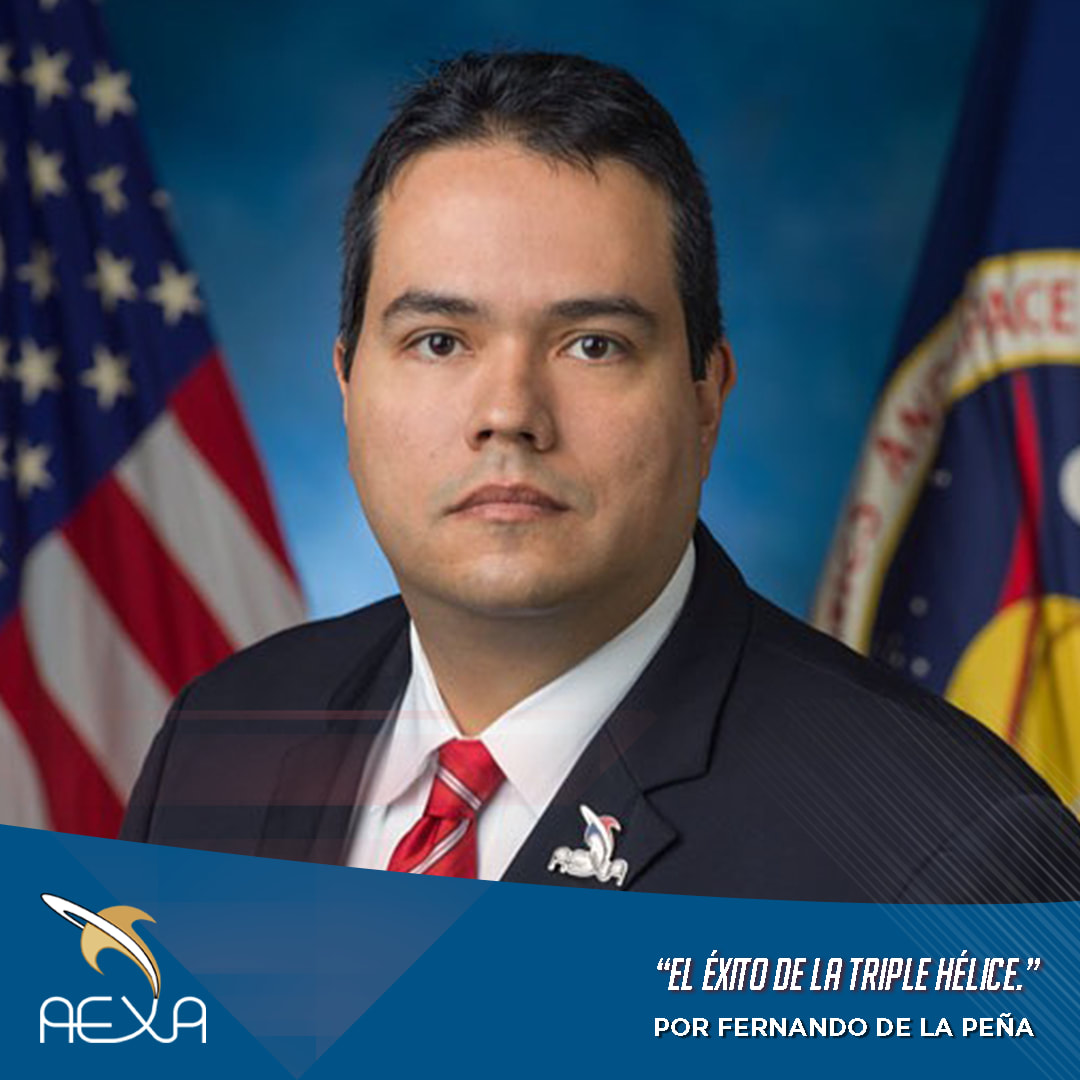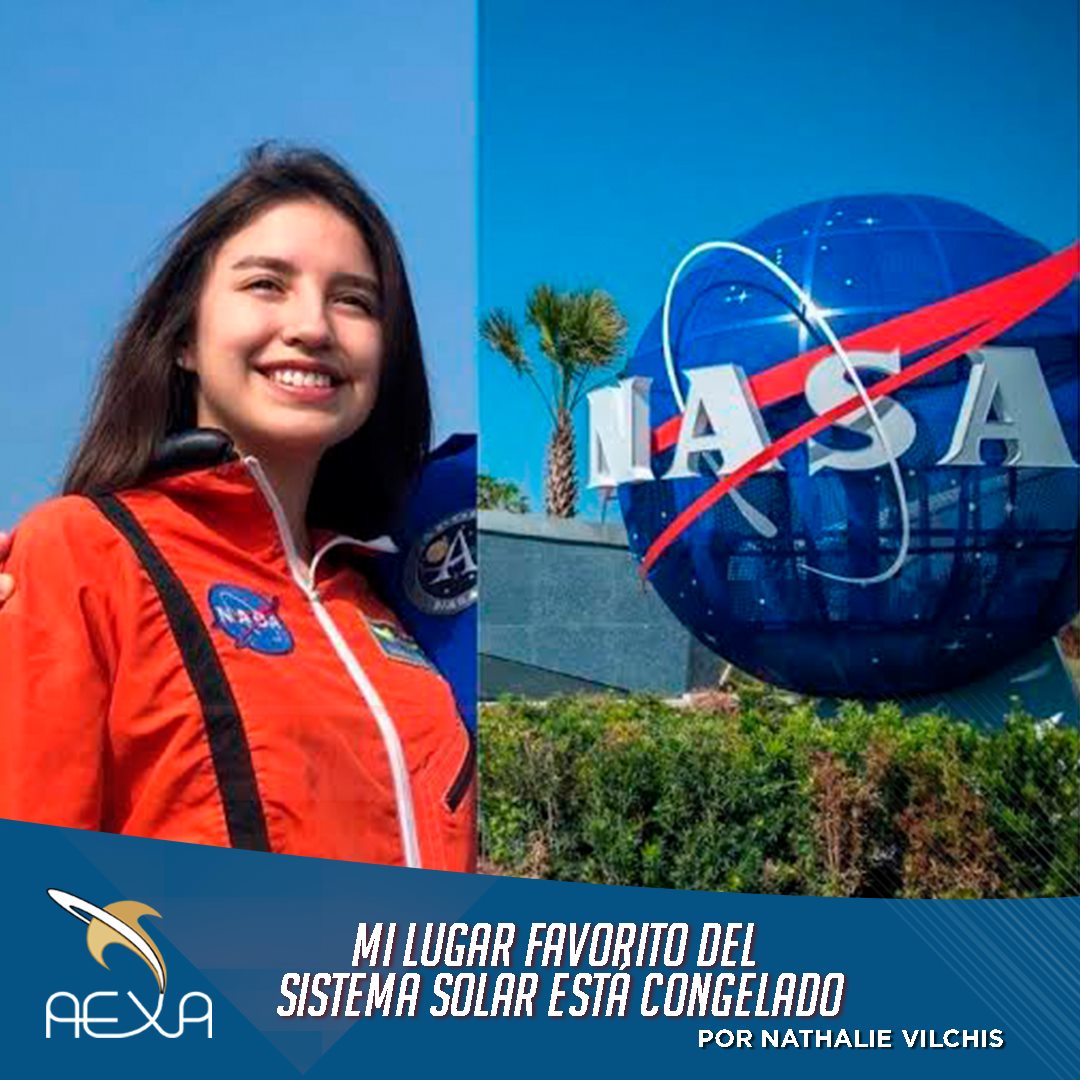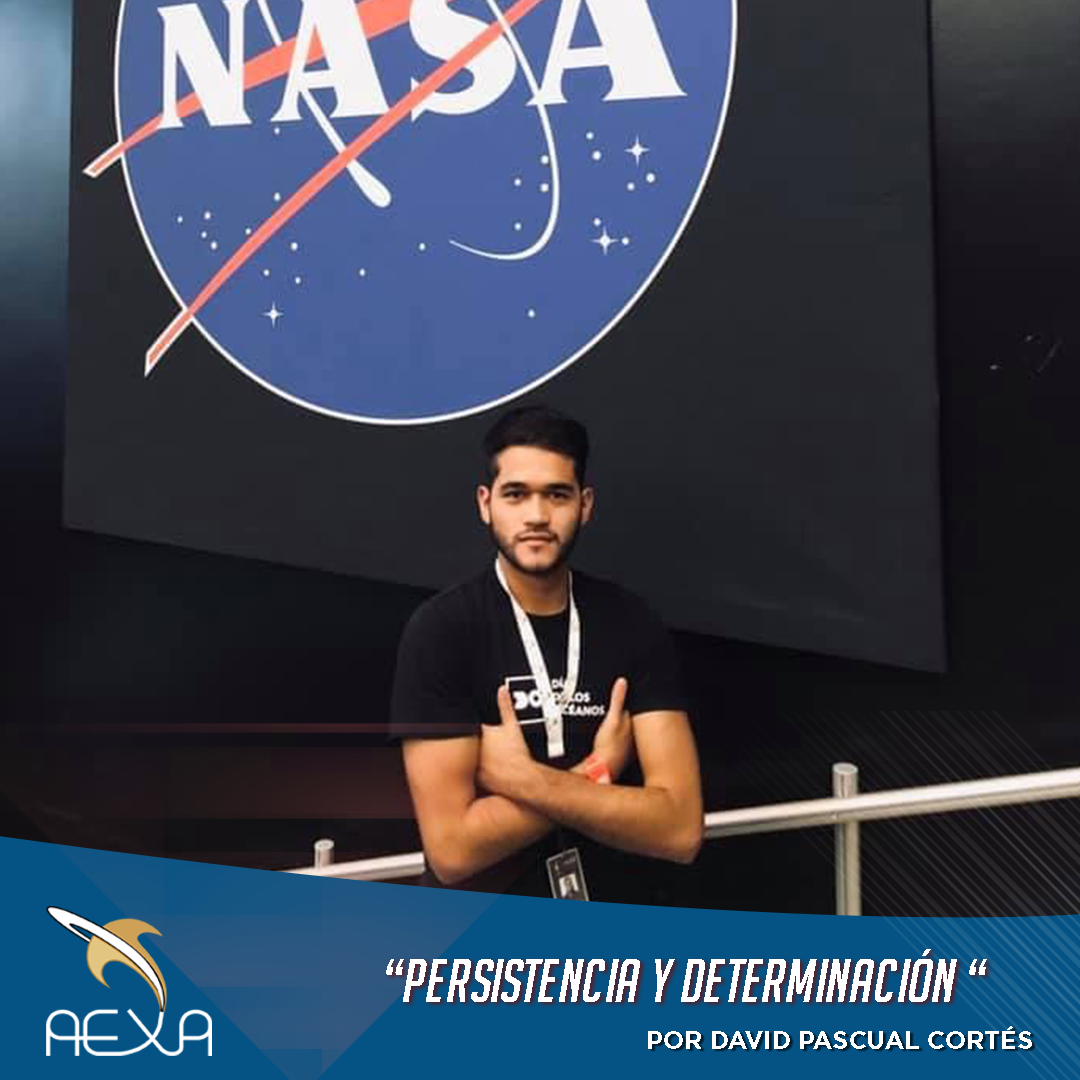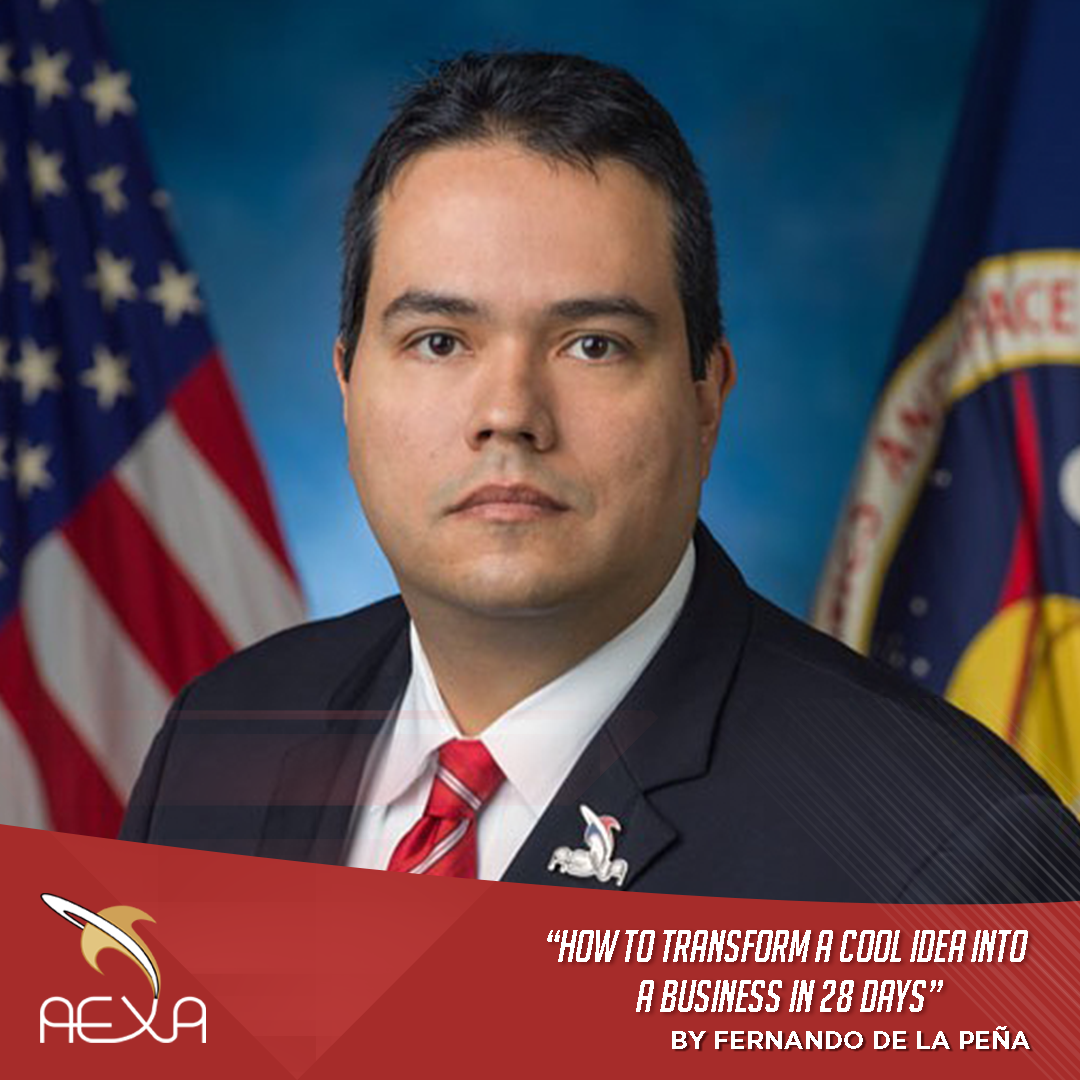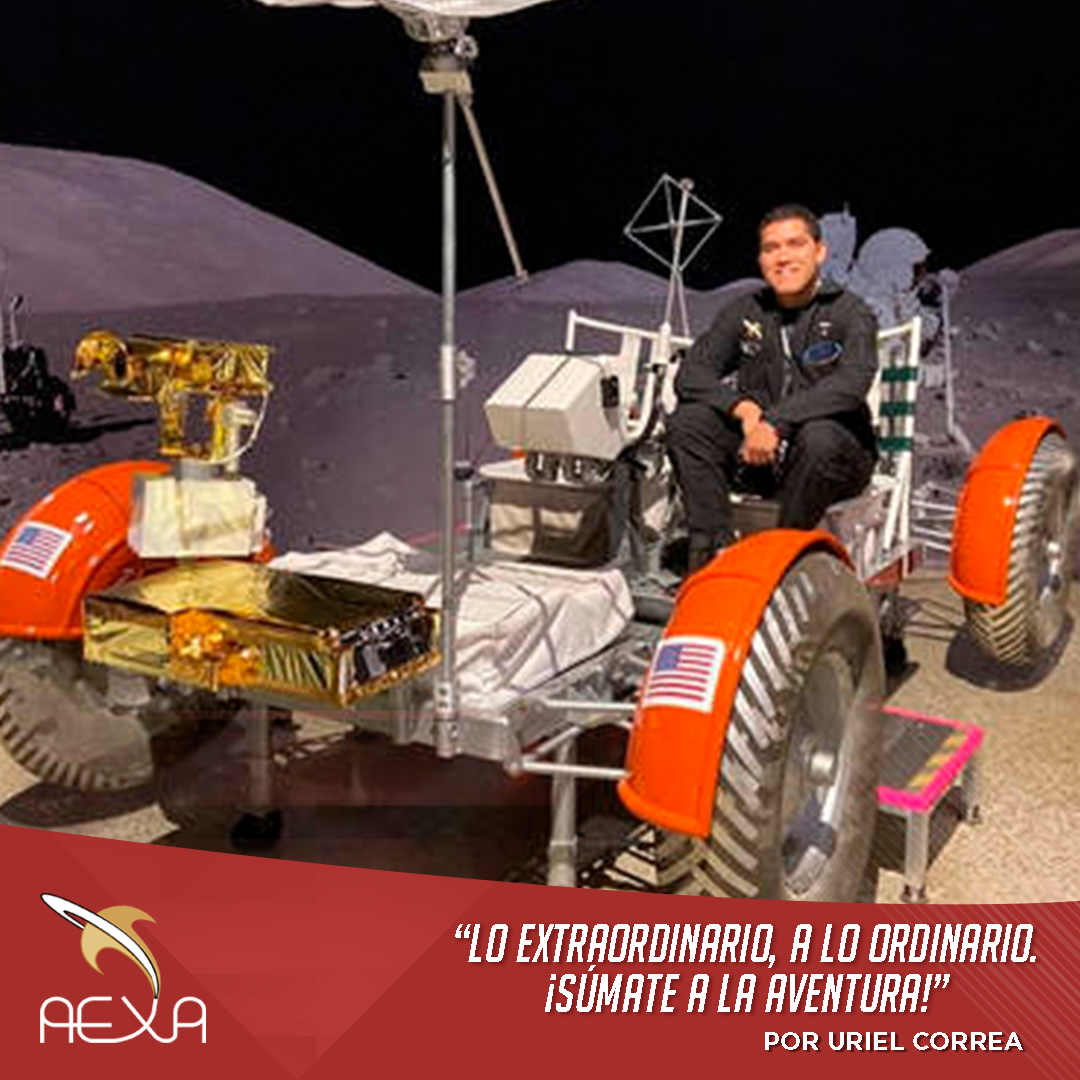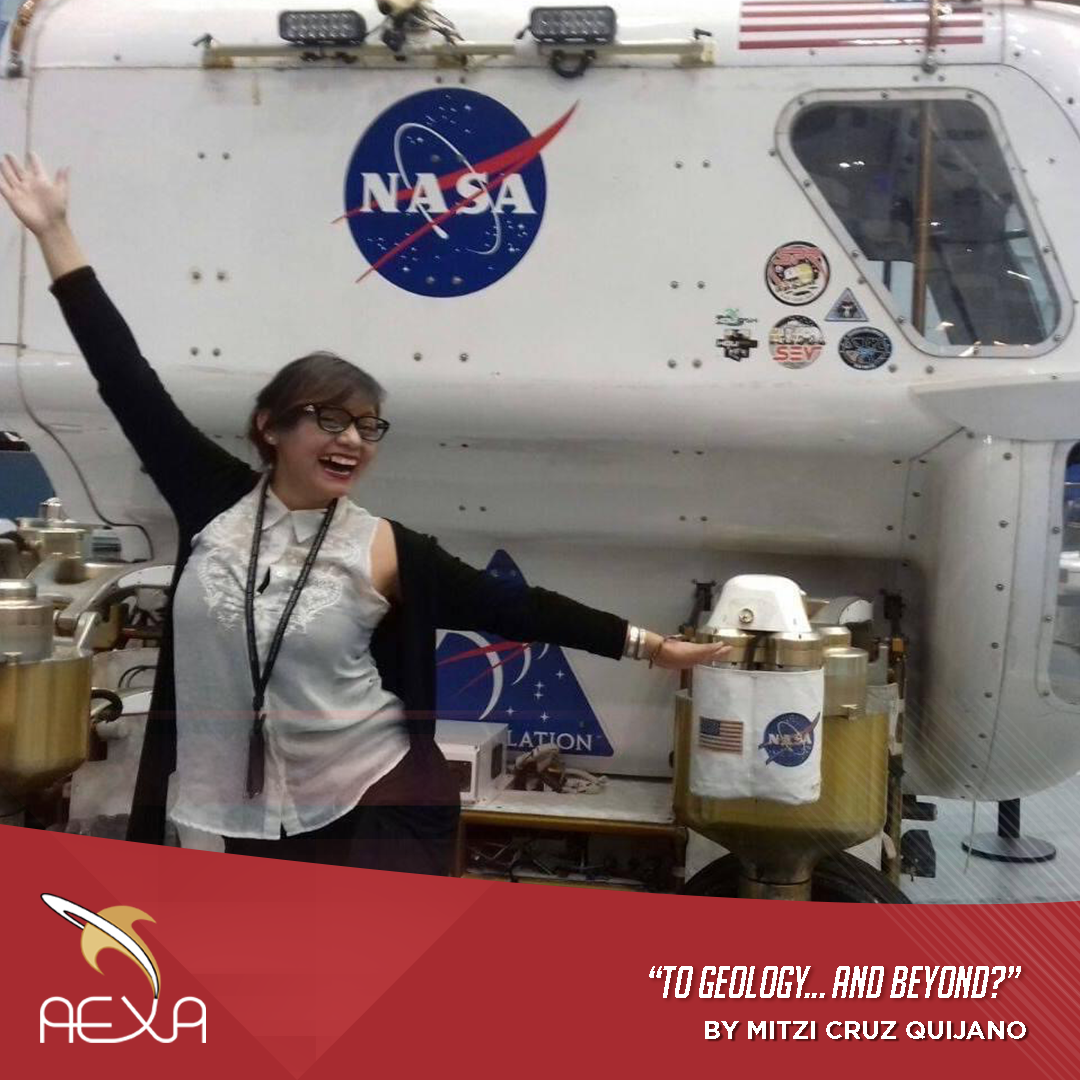Ante ello, existen antecedentes de los primeros turistas espaciales, el primero fue en el año de 2001 realizado por el estadunidense Dennis Tito, un exingeniero de la NASA quien fue transportado a la Agencia Espacial Federal Rusa para viajar al espacio exterior a bordo de la aeronave Soyuz, la cual se acopló con la Estación Espacial Internacional. Posteriormente, el sudafricano Mark Shuttleworth, en el año 2002, también viajó a la Estación Espacial Internacional para cumplir una misión. Después, el científico Gregory Olsen, en el año 2006, prestó un servicio de apoyo en la EEI y la primera mujer turista espacial Anousheh Ansari en el mismo año viajó para brindar estudios científicos en el espacio (Pons, 2004).
No obstante, existen desafíos legales intrincados que deben resolverse. En principio, los tratados del espacio ultraterrestre se encuentran obsoletos, por lo que no incluyen especificaciones turismo espacial, específicamente en temas de seguridad y responsabilidad en caso de accidentes. Esto deja a los turistas espaciales en una situación de inseguridad jurídica, ya que ante la regulación vigente no se les es definida una situación legal concreta. Para resolver esta situación, las naciones tendrán que celebrar tratados en la materia, uniendo esfuerzos internacionales para dar seguridad jurídica a las personas que dejen la faz de nuestro planeta por entretenimiento. Los nuevos tratados deben garantizar certeza a los viajes y deben establecer pautas de responsabilidad a las empresas. Ahora bien, al abordarlo desde el Derecho, no solo estableceremos las bases para los próximos turistas ultraterrestres, sino un mundo donde la última frontera sea más accesible a toda la humanidad. THE LEGAL REGULATION OF SPACE TOURISMIn the age of technological advances, space is no longer solely the domain of astronauts and scientists, but also a subject of interest for lovers of exploration. However, the promises of this new frontier pose legal challenges that must be addressed to ensure safe space travel. Humanity has left an indelible mark on history through space exploration. From the first steps on the Moon to the creation of the International Space Station, as well as remote sensing and telecommunications satellites, we have demonstrated our ability to overcome terrestrial limitations. Now, space tourism emerges as the next exciting chapter in this cosmic narrative. Particularly, there are antecedents of the first space tourists, the first was in 2001 made by the American Dennis Tito a former NASA engineer who was transported to the Russian Federal Space Agency to travel to outer space aboard the Soyuz spacecraft, which docked with the International Space Station. Subsequently, the South African Mark Shuttleworth, in 2002, he also traveled to the International Space Station to fulfill a mission. Then, the scientist Gregory Olsen, in 2006, provided a support service on the ISS and the first female space tourist Anousheh Ansari in the same year traveled to provide scientific studies in space. Today, companies like SpaceX and Virgin Galactic are transforming the fantasy of space tourism into a reality. Since they seek that anyone can travel to space without the need for exhaustive training that takes a lot of time, it’s no wonder that with the help of these companies more than ten tourists have visited space.
However, there are intricate legal challenges that must be resolved. Firstly, the outer space treaties are obsolete and do not include space tourism specifications, the outer space treaties are obsolete and do not include space tourism specifications, specifically on issues of safety and liability in case of accidents. This leaves space tourists in a situation of legal uncertainty, since before the current regulation a specific legal situation is not defined. To resolve this situation, nations will have to celebrate treaties on the subject, joining international efforts to give legal security to people who leave the face of our planet, especially for entertainment reasons. The new treaties must guarantee certainty to travel and must establish guidelines for corporate responsibility. However, when approaching it from the Law, we will not only lay the groundwork for the next overseas tourists but a world where the last frontier is more accessible to all humanity
0 Comments
Leave a Reply. |
CategoriesBLOGS anterioresArchivos
April 2025
|
Contact us
Parque Lincoln, Anatole France 51, Polanco V Sección, CP 11560 CDMX.
Tel. 5579661224
Tel. 5579661224
Legal
© Copyright 2025 | All Rights Reserved | Privacy Policy
Aplicaciones Extraordinarias Aeroespaciales AEXA SA de CV
Aplicaciones Extraordinarias Aeroespaciales AEXA SA de CV
International Air and Space Program y AEXA son marcas registradas.







